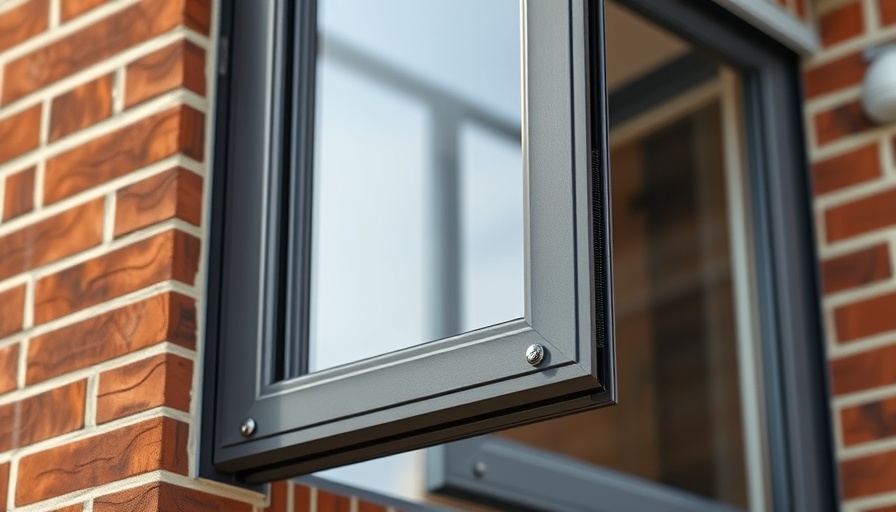
Understanding Metal Roofs in Modern Construction
In recent years, metal roofs have gained significant popularity among homeowners and builders alike. This surge can be attributed to their durability, energy efficiency, and aesthetic appeal. They serve as a versatile roofing solution that can enhance both modern and traditional architectural designs, making them worthy of consideration when building or renovating a home.
The Benefits of Metal Roofs
One of the primary reasons homeowners opt for metal roofs is their longevity. Studies have shown that metal roofs can last for up to 50 years or more, far outpacing traditional asphalt shingles which typically need replacement every 15-20 years. Beyond longevity, metal roofs are resistant to harsh weather conditions, including high winds and heavy snow loads, which makes them especially appealing in regions prone to extreme weather.
Energy Efficiency and Cost Saving
Another significant benefit of metal roofing is energy efficiency. These roofs can reflect solar radiant heat, which can substantially lower cooling costs during warmer months. Energy Star-rated metal roofs are designed specifically to enhance this reflective capacity. By reducing the amount of heat absorbed by the building, metal roofs not only cut energy costs but also contribute to a more sustainable living environment.
Potential Challenges with Metal Roofs
Despite their advantages, metal roofs come with some challenges that potential buyers should be aware of. Installation requires specific skills and techniques, and if not done correctly, they can lead to issues such as leaks or poor performance. Additionally, the initial cost of a metal roof can be higher than that of traditional roofing options. It is essential for homeowners to weigh these factors and possibly seek professional advice before making a decision.
Exploring Common Myths
There are numerous misconceptions surrounding metal roofing. Many people believe that metal roofs are prone to rust, yet most modern systems are coated with protective finishes that prevent corrosion. Others worry about noise during rainstorms, but experts cite advancements in installation techniques that address this concern, making modern metal roofs quieter than traditional media might suggest.
Future Trends in Roofing Technology
The roofing industry is poised for continuous innovation. Ongoing research into advanced coatings and materials is likely to enhance the performance and aesthetics of metal roofs even further. Moreover, integrating solar technology into roofing systems is a developing field, leading to energy generation capabilities that could become standard in years to come.
As we embrace more sustainable building practices, the significance of metal roofs in the eco-conscious construction landscape cannot be understated. Their balance of performance and environmental benefits provides a strong case for their inclusion in new projects.
 Add Row
Add Row  Add
Add 






Write A Comment